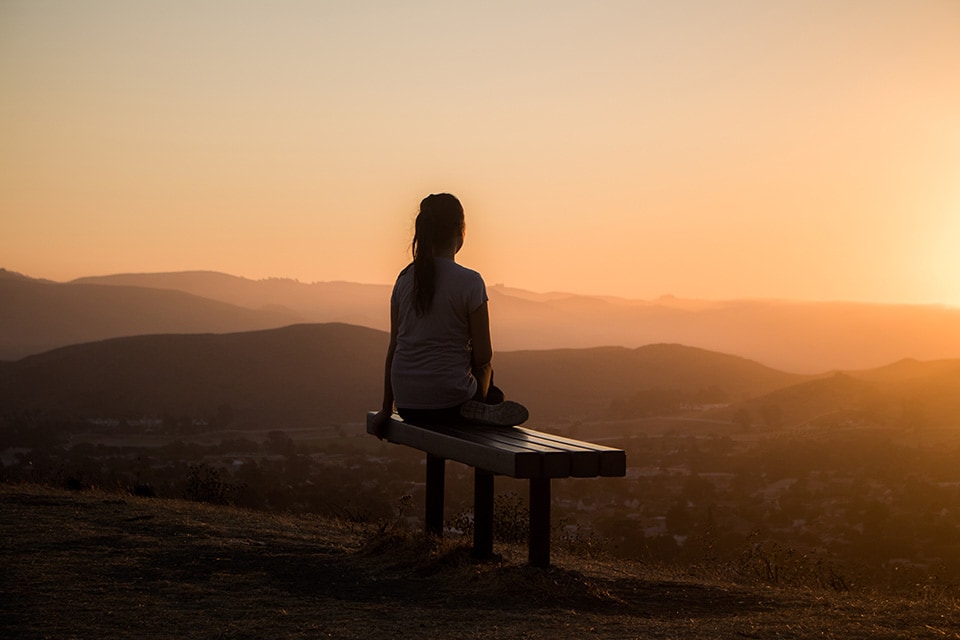
The correlation between wellbeing and brain health
With the more recent trendiness of wellness taking over social media and bloggers everywhere, it always surprises me how little brain health is involved in
We are officially able to apply magic mushrooms to clinical settings, thanks to recent studies! In this article, I will teach you about the healing properties of magic mushrooms. More specifically, I will teach you how they can be used as a treatment for depression and some comparisons found between mushrooms and pharmaceuticals.
We will have a look at what the science has to say. But first, let’s begin with the basics!
Psilocybin mushrooms, commonly known as magic mushrooms or shrooms, are a polyphyletic informal group of fungi that contain psilocybin, which turns into psilocin upon ingestion. This is a hallucinogenic compound of the alkaloid class, found in the liberty cap and related toadstools. To put it frankly, this is the compound that is responsible for the famous shroom ‘high’.
This naturally occurring wonder is a tryptamine derivative that has a very powerful effect on humans. Mushrooms work differently depending on the application! They can be taken to enhance the fun at a party, or in a ceremony setting with the motive of deeply emotional healing. Additionally, it can also be taken in microdoses (non-psychoactive) with the motive of improving brain function, wellbeing and more. Psilocybin has a lot to offer us in regards to healing. Thanks to recent studies, we are starting to explore the promising possibilities of using mushrooms to treat depression.
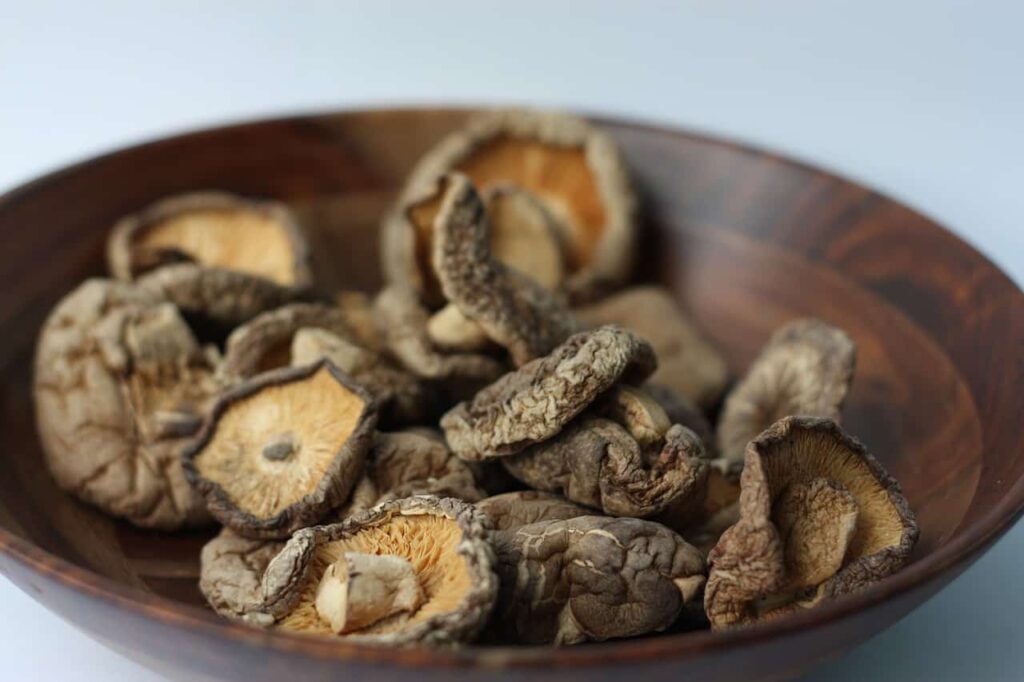
Magic mushrooms have been used in indigenous tribes around the globe for centuries. To this day, they have sworn by the effectiveness of mushrooms when applied mindfully. Even hippies have been screaming at the world to take mushrooms (and psychedelics in general) more seriously! However, due to a lack of research, the majority have remained sceptical… Until now, that is!
Finally, there has been interest shown by investors in the field of psychedelic research and we have conducted a few groundbreaking studies! Let’s take a look at what the research tells us.
In a 6-week trial with 59 patients with moderate-to-severe depression, there was no significant difference between the impact of a high dose of psilocybin and that of selective serotonin reuptake inhibitor (SSRI), also known as escitalopram. Those who received psilocybin did show a much more rapid improvement in their main measure of depression than those taking escitalopram. However, the gap narrowed over the span of the trial until it was no longer statistically significant. This suggests that mushrooms can offer a similar level of assistance as escitalopram which is one of the most widely prescribes anti-depressants! Truly remarkable.
“It’s very clear that psilocybin therapy has a faster antidepressant onset than escitalopram. And psilocybin was consistently superior on the ancillary outcomes, but it wasn’t different on the primary,” the study’s lead author Robin Carhart-Harris, PhD, head of the Centre for Psychedelic Research at Imperial College London, told reporters during a news briefing.
This study displayed what would happen if we prescribed psilocybin as an anti-depressant instead of the traditional medication(s). Although this is not necessarily ‘shocking’ news, I am so relieved we finally have a solid study completed on this topic! This is a huge step forward in the psychedelic community and will result in more of a push towards funding in this field of science.
Is this the only way we can use mushrooms to treat depression? The short answer is no!
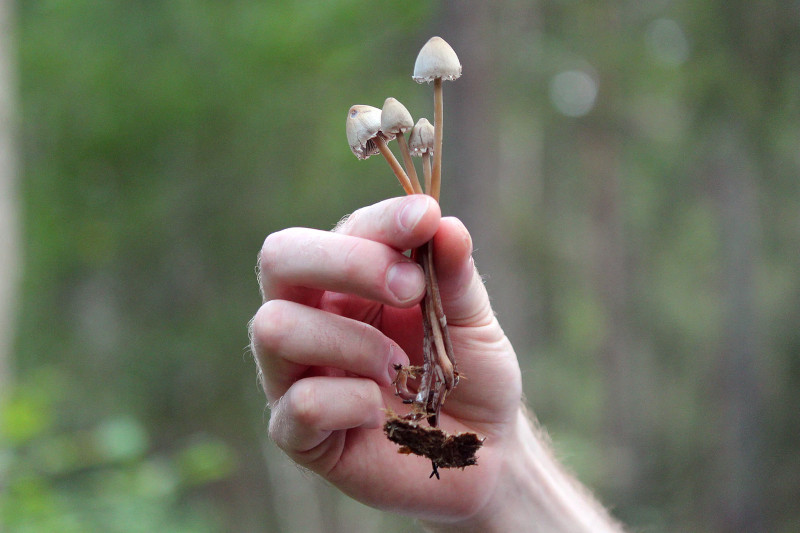
While using psilocybin as an alternative for other traditional anti-depressants has shown us hopeful results, there are other ways to go about treating depression. Psychedelics (specifically mushrooms) have been used for centuries in ceremonies with the motive of healing. Using them as a tool in a carefully selected settings is an extremely ancient practice that has made its way to the West over time.
Psychedelic therapy, also referred to as psychedelic-assisted psychotherapy or PAP) is a type of psychiatric practice that involves ingesting a psychedelic substance as a part of a psychotherapeutic process. This can be used to treat individuals who suffer from addiction, anxiety, depression and even post-traumatic stress disorder (PTSD).
In this type of therapy, the use of hallucinogens are typically combines with talk therapy and carefully selected sensory exploration. A wide range of consciousness-altering compounds are currently being used and researched for therapeutic purposes in both clinical and non-clinical settings.
While this is not accepted everywhere (due to legal barriers) it has opened a promising door, allowing the discussion of decriminalization to occur between politicians. Could this be because politicians care for the wellbeing of their people or the renewed interest in the investments flowing in following such research? I will leave that up to you to decide!
Microdosing is the act of ingesting a micro-amount of a psychedelic substance (often psilocybin or LSD) with the motive to improve brain function and general quality of life. This amount is so small that it offers no psychoactive effects. Although there is a lot of talk about utilizing higher doses of mushrooms for depression, have you ever heard of microdosing for depression?
This is a relatively new practice which means there are no extensive studies on it yet. That being said, all the information we have on it is anecdotal, just like all psychedelic research once was. However, that does not mean it should be disregarded, especially when considering the promising results that have appeared so far in the lives of many!
While it is not suggested to swap anti-depression medication with microdoses (due to the lack of studies), the majority of those who have done it anyway have had successful results. Taking a microdose of a psychedelic substance is a great tool for wellbeing, mood stabilization, confidence, motivation and so much more! Collectively, all of these benefits could potentially have a minimizing effect on depression symptoms. This is a considerable alternative for those wishing to get the benefits of psilocybin without commuting to the often daunting psychedelic experience. It is a super low-risk alternative since it does not actually result in a high.
If it can work in larger doses, who says it can’t also have a lasting effect in smaller doses?
We still have so much to learn about the potential of magic mushrooms and depression. Due to these recent scientific discoveries, some lobbyists have been working to decriminalize some psychedelic substances to improve access and research opportunities.
While pharmaceuticals have their time and place, should we not be open to other options with lower risk involved? Mushrooms could heal us on many levels and could quickly become the future of anti-depressants. What a time to be alive!

With the more recent trendiness of wellness taking over social media and bloggers everywhere, it always surprises me how little brain health is involved in
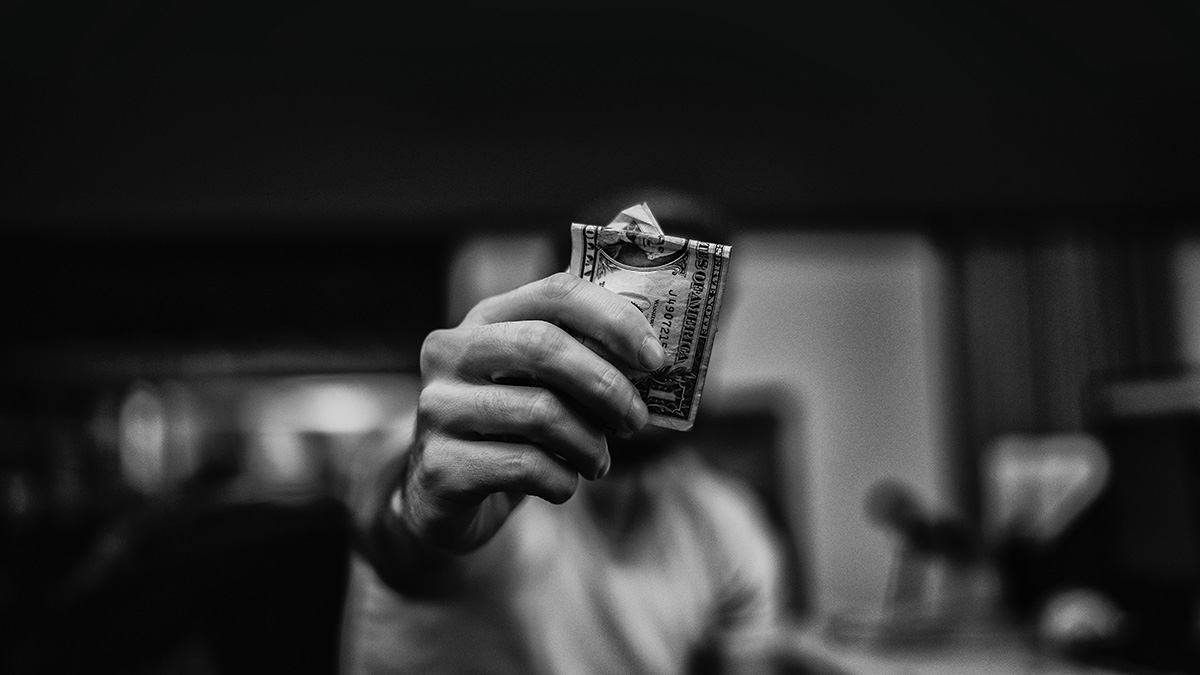
Losing a job is one thing, but losing a business is in an entirely different league. Your own business is an extension of your own

Self care; a perhaps oversaturated concept that marketing companies have exploited. To many, self-care looks like taking a bubble bath, or doing a face mask.
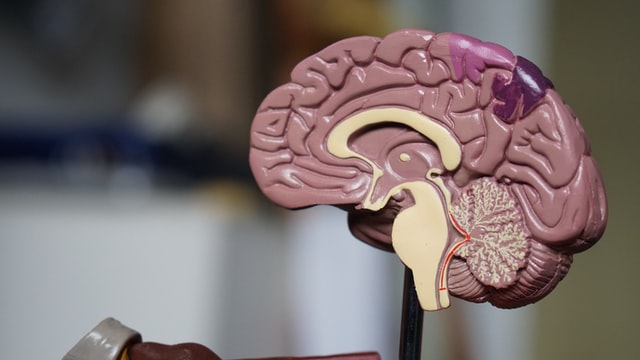
You may be reading this article because you have heard about cognitive enhancing substances previously and want to learn more. The term ‘cognitive enhancement’ has

Let’s face it: relationships are hard. No matter what, every relationship you carry out in your lifetime will be full of ups and downs.

The latest Holistic treatments offer ways of alleviating the effects of ADHD and autism. By incorporating all aspects of a person’s health, including physical/mental health,
GET 10% DISCOUNT WITH NOTIFIED ABOUT THE LATEST NEWS AND UPDATES. NO SPAM, WE PROMISE!
FREE Tracked shipping on orders over €250 to EU countries.
Monday- Friday 8.30am- 5pm (CET)
A range of options available
Guaranteed delivery or your money back